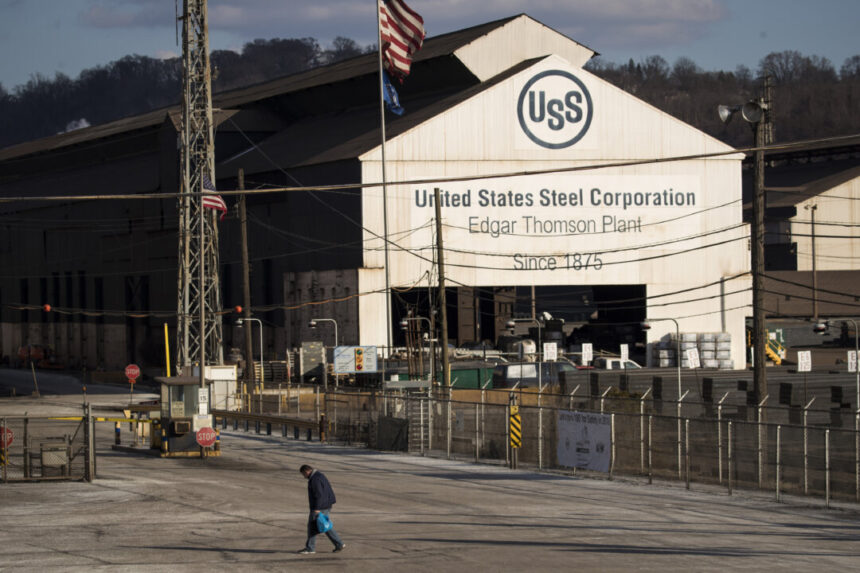Consider the implications of a failed deal in the U.S.–China competition and the impact on American jobs.
Commentary
Many influential Washington figures are aiming to prevent Japan’s Nippon Steel from acquiring U.S. Steel, an iconic American company based in Pittsburgh. The idea of keeping U.S. Steel under American ownership is appealing, as merging it with Nippon may be perceived as a sign of weakness. Given Japan’s protectionist policies in its steel industry, it seems reasonable for the U.S. to safeguard its own interests.
However, experts challenge CFIUS’s stance on the potential deal that would create a major global steelmaker capable of competing with China. This merger would elevate U.S. Steel’s revenue from $18 billion to $80 billion, leading to substantial investments in modernizing facilities and securing American steel jobs.
The offer includes $2.7 billion for upgrading aging U.S. steel plants, with a significant portion allocated to the Pittsburgh region. Rejecting this investment could have negative ramifications, affecting U.S. ties with Japan and undermining future negotiations on critical issues.
Major publications like the Wall Street Journal, Bloomberg, and Washington Post advocate for Nippon’s investment in the U.S. Bipartisan support from leaders like Vice Presidential candidate Tim Walz and former official Mike Pompeo underscores the potential benefits of the deal.
Considering the impact on the U.S.–China rivalry and American employment, it is crucial to weigh the repercussions of a failed agreement.
China’s labor practices contribute to lower wages, attracting global investments that have reshaped the economic landscape. Supporting American industries and jobs, while ensuring fair competition, is vital for sustainable economic growth.
Embracing Nippon’s offer to revitalize U.S. Steel represents a positive step towards safeguarding American employment and revitalizing the manufacturing sector. By partnering with Japanese capital and utilizing American expertise, the U.S. can strengthen its industrial base and create new opportunities for its workforce.
The opinions expressed in this article are those of the author and may not necessarily reflect the views of The Epoch Times.







